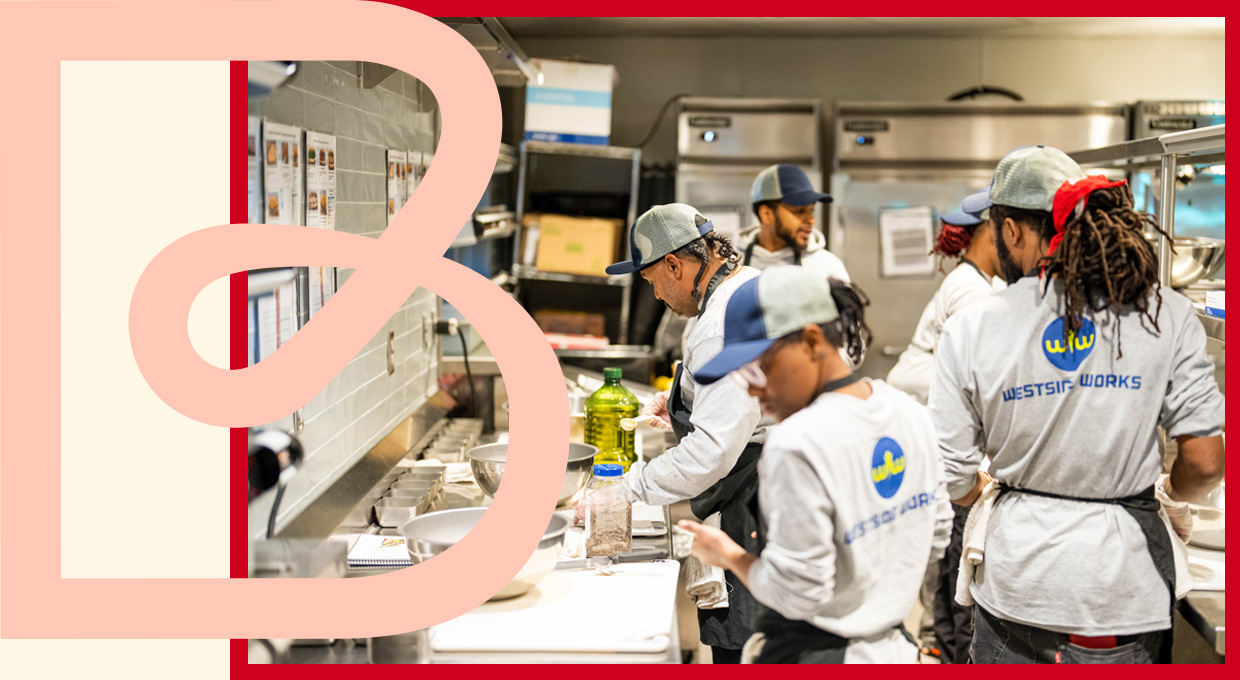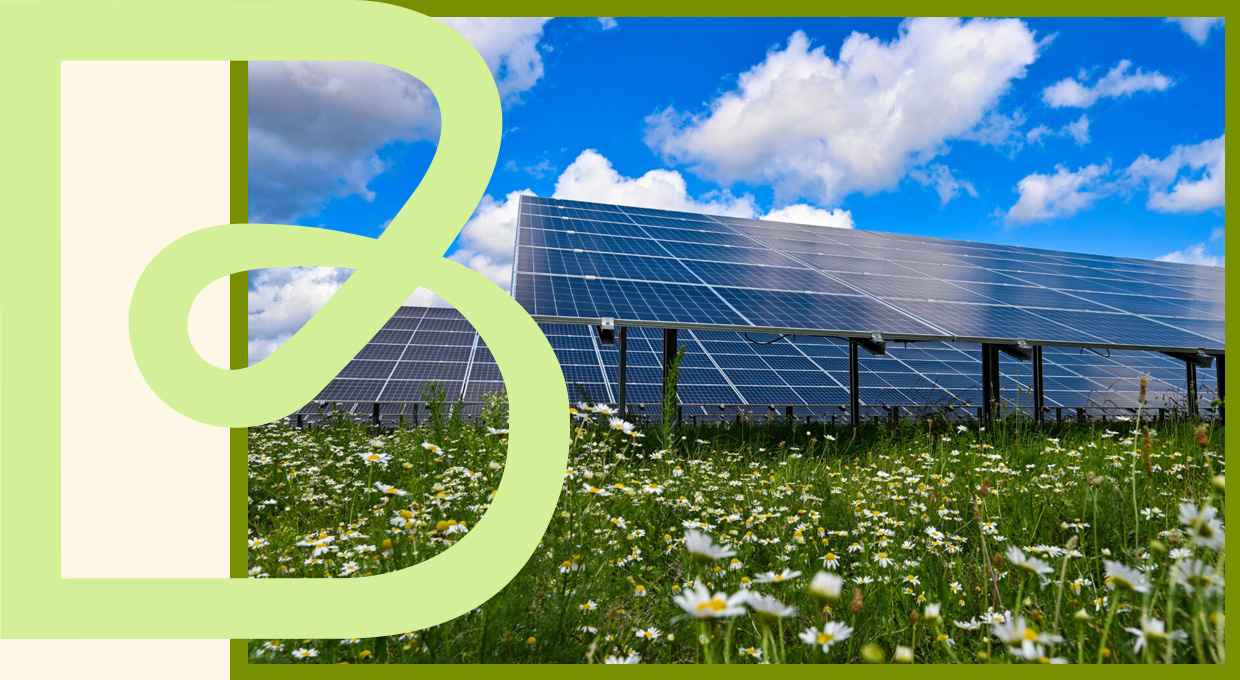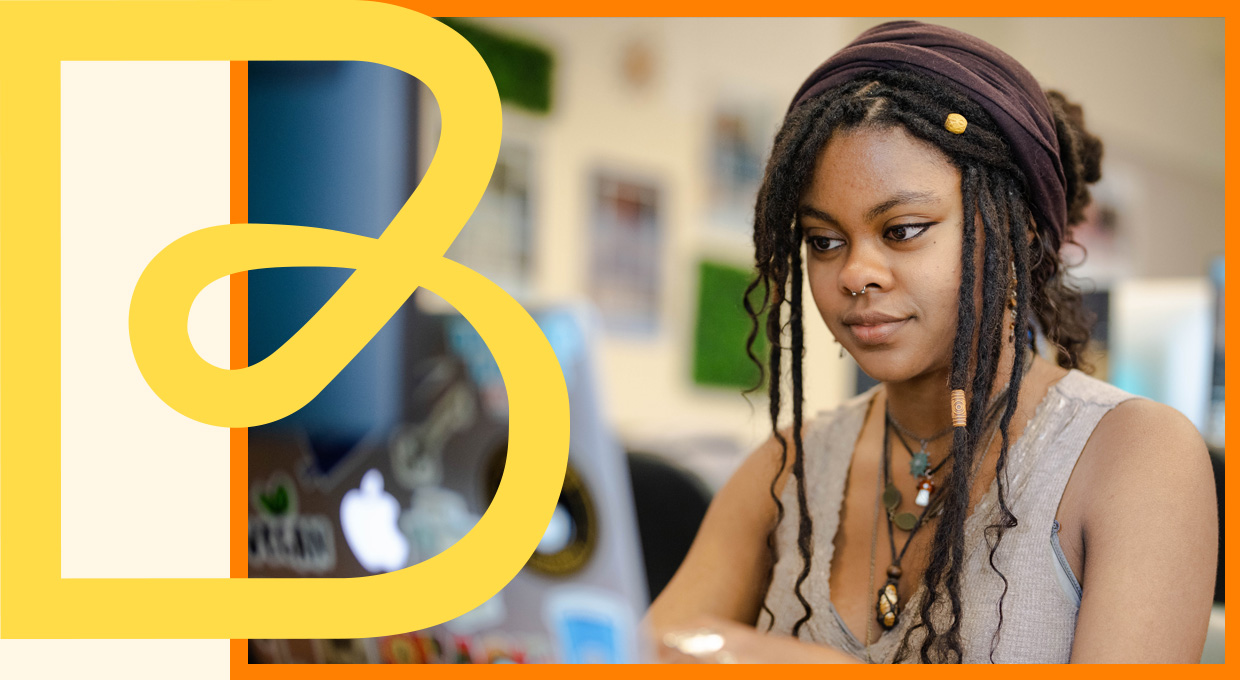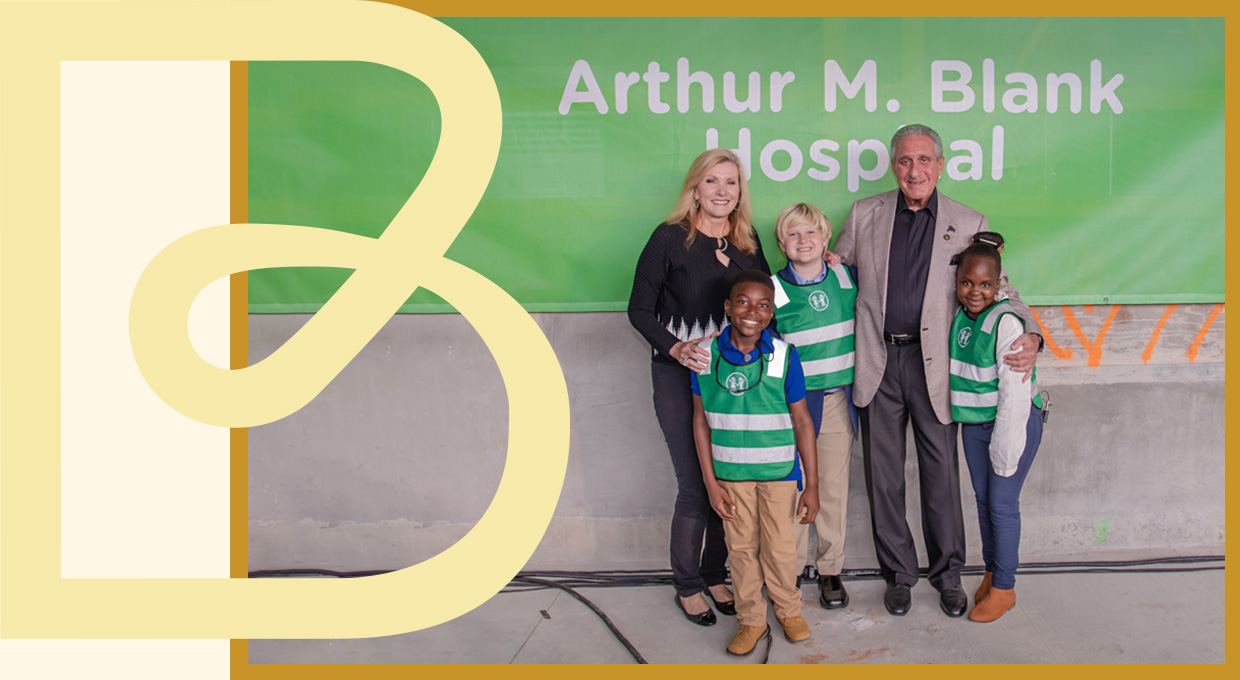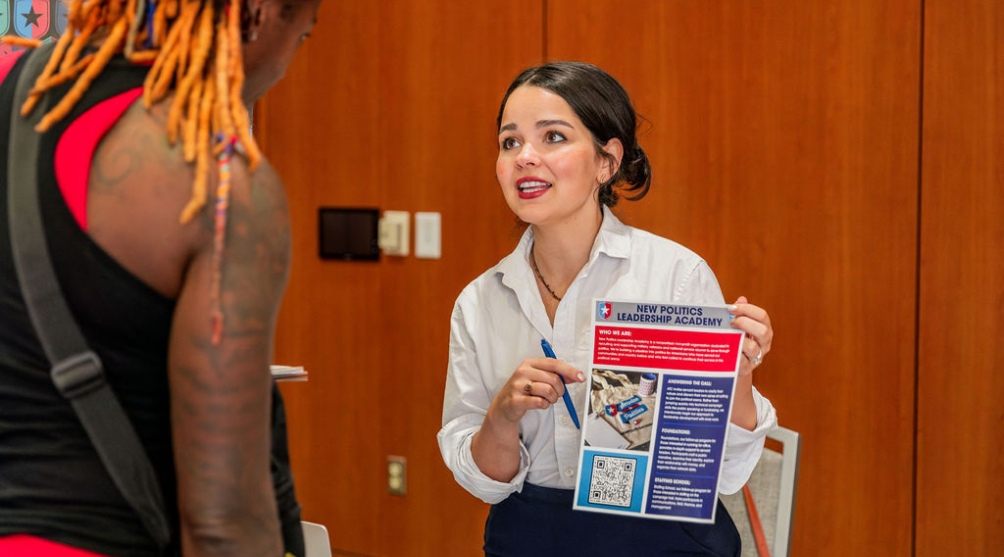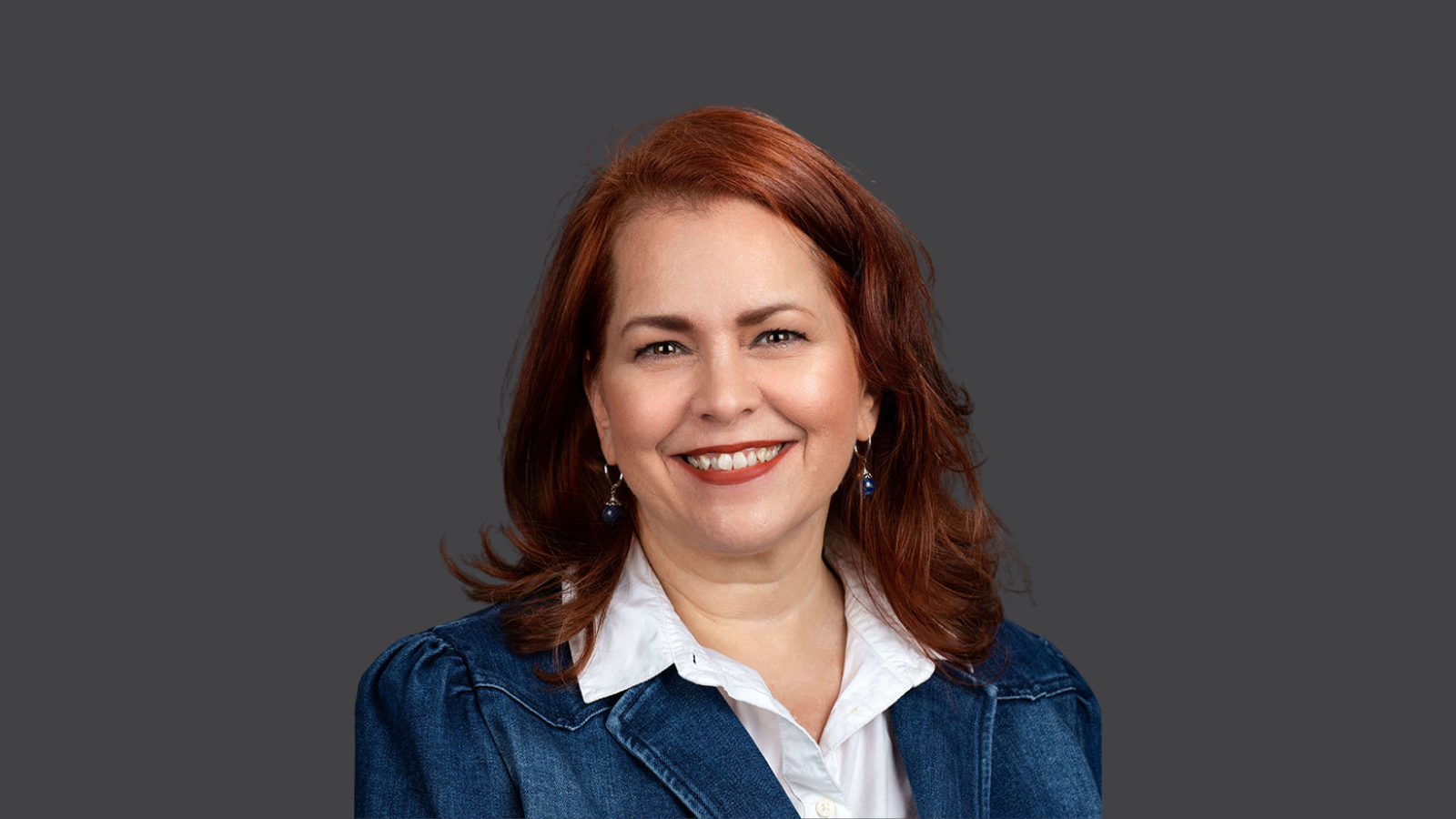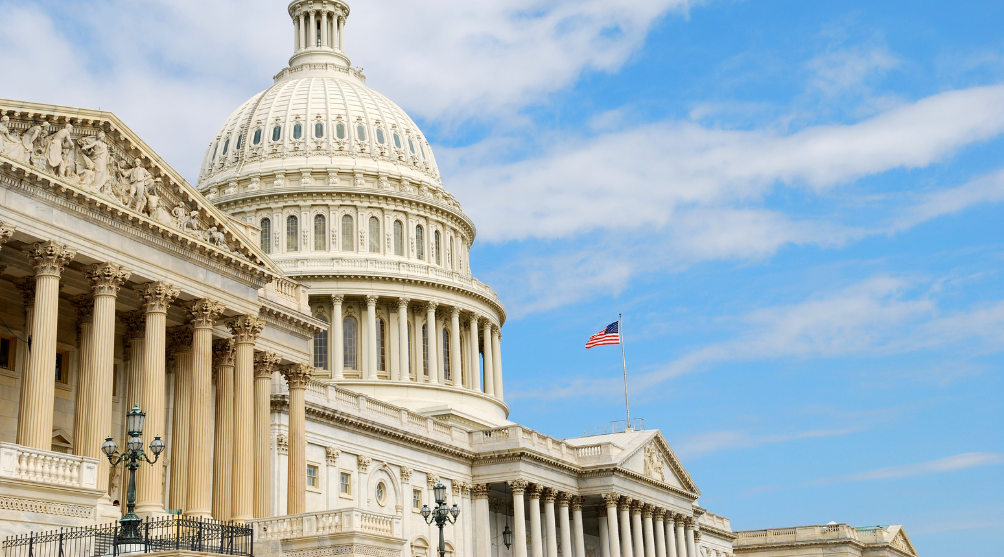Women’s Public Leadership Network: Paving the Way for Diverse Female Voices in Politics

The Women’s Public Leadership Network (WPLN) is a nonpartisan nonprofit organization dedicated to educating, organizing and inspiring women to pursue public service at all levels across the United States. WPLN provides leadership training to women who share a focus on common sense, pragmatic policy solutions. The organization also cultivates a future cohort of effective leaders through educational programming and networking opportunities.
WPLN’s training exposes professionals, often with business and various industry backgrounds, to the world of elected and appointed leadership positions. Women remain underrepresented in political leadership, and WPLN is working to address that imbalance by training and equipping women from across the political spectrum to serve in public life so that all women’s voices are represented.
Earlier this year, the Arthur M. Blank Family Foundation awarded a $1 million grant to WPLN to support the organization’s efforts to expand its footprint in Montana and Georgia. This grant aligns with the foundation’s Democracy strategy by increasing effective, constructive and responsible leadership in the priority regions of Georgia and Montana.
WPLN aims to encourage more women from diverse professional, personal and ethnic backgrounds to seek public office. WPLN focuses on engaging women because they are far less likely to run for office than men and ensures its approach is catered to the specific needs of women so they can overcome obstacles to public service and begin to see themselves in these roles.
To learn more about the organization and the role of women in public service, the foundation recently conducted an interview with Larissa Martinez, founder and president of WPLN:
Q: Why is it crucial to have women represented in political leadership positions?
The public is best served by having diverse lived experiences at decision-making tables at all levels across the country, and right now, there are not enough women at any level. Women generally tend to hover around 20-30% of any given chamber, but that does not include a broad range of backgrounds or ideological diversity. Women bring different skill sets and an approach to leadership that is critically needed right now to see more problem-solving in policymaking. Studies have shown that women prefer to find consensus and are more likely to reach across the aisle to find bipartisan solutions. Women also tend to focus their work on community service and are more likely to leave their position once they feel they accomplished their priorities, opening a seat for the next generation of leaders.
Q: What are some fundamental barriers women encounter when considering or actively running for office?
Women at all levels across both political parties face a number of barriers when it comes to running for office, from not being included in the recruitment pool to lack of early funding to challenges around balancing demands at home. Women often feel they are not qualified to run for office, that it may negatively impact them at work or home, and would be hard on their families and friends given how negative politics has become, among other challenges. In addition, when a woman does decide to run, it can be tougher to raise funds initially and find a consulting team, especially if she does not have a long history of being involved in her local political party, because it is incorrectly assumed that women candidates are bigger political risks. Lastly, while on the campaign trail, women face more violence and intimidation than their male counterparts, which is also a consideration for how that will impact their family and friends.
Q: As we approach the 104th anniversary of the 19th Amendment’s ratification, what are your thoughts on women’s progress in politics and leadership roles?
While women in public leadership positions have increased since women were given the right to vote, we still have a long way to go. Women are a powerful force in our society and we need to start using our voice. We have a diversity of opinions and experiences that are reflective of the diversity of our nation. But our voices are not being represented at decision-making tables, which includes legislative bodies and boardrooms. The same voices and experiences make up the vast majority of these tables, which means important perspectives are being left out of discussions on everything from policy to messaging to implementation impacts, which is a disservice to our communities and country. WPLN’s goal is to provide a community of support, enhance leadership skills, connect mentors to candidates and train candidates to seek both elected and appointed office.
Q: What advice would you give to women aspiring to run for office but need help figuring out where to start?
First, of course, would be to join our network. Second, I would try and find someone in your community you admire who has either run and/or held office to get a sense of what her experience was like and any general advice about running, along with recommendations for other people to connect with as you explore your options. There are a number of resources out there to help, and at WPLN, we want you to feel as prepared as possible so you say “yes!” when asked or jump in when the opportunity presents itself. Start now!
As the United States moves toward 104 years of Women’s Suffrage being ratified as a constitutional amendment, the foundation is proud to celebrate how far women in public service and leadership have come in this country. With more work still to be done, WPLN is working to ensure there are more women serving as effective public leaders at every level, from school boards to local governments to the United States Congress.
Stay Connected
Stay up to date with stories of impact, grants in your neighborhood and other interesting foundation news.
By submitting this form, you are consenting to receive marketing emails from: Arthur M. Blank Family Foundation. You can revoke your consent to receive emails at any time by using the SafeUnsubscribe® link, found at the bottom of every email. Emails are serviced by Constant Contact



